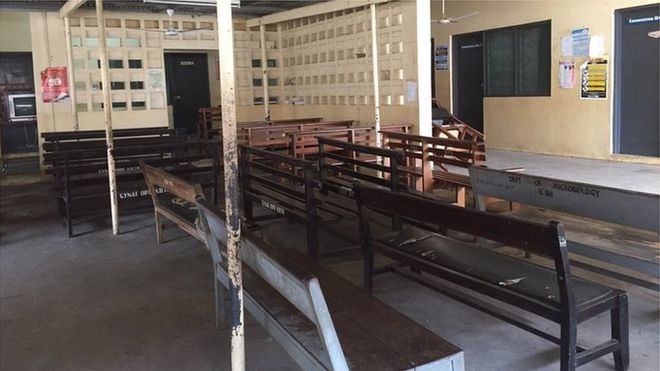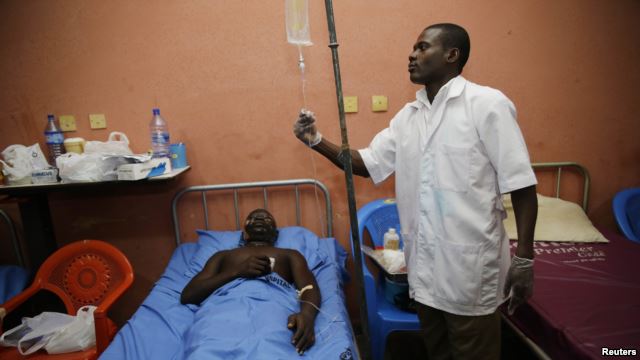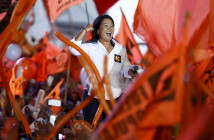Situation Breakdown
For the last four weeks, members of the Ghana Medical Association (GMA) have been on strike. They have demanded that their compensation from the federal government improve, and have threatened to resign should their demands not be met.
While the doctors are not demanding an increase in monthly pay – a senior doctor is paid approximately $920USD per month – they have made numerous other demands. Indeed, the GMA has asked for free post-graduate medical education, improved retirement packages and increases in clothing, fuel, and maintenance allowances. They have also requested free overseas healthcare for services unavailable in Ghana, and to be able to import vehicles into the country, tax-free.
At the strike’s beginning, Ghanian President John Mahama voiced his refusal at being pressured into spending more than what has been budgeted for the year. Government officials have since advised people needing urgent medical care to go to private clinics and show their health insurance cards.
What’s Happening Now?
All negotiations between the government and doctors have been unsuccessful, and a policy of “no-work-no-pay” has been put in effect today for those who refuse to return to work. Indeed, Health Minister Alex Segbefia has apparently repeatedly appealed to the doctors to reconsider their actions and return to work, as the government will only resume talks when the doctors are back in hospital.
In addition, the Ghanian government has voiced plans to expedite 177 doctors from Cuba to work at the currently empty state-run hospitals. Health Minister Alex Segbefia has specified that the country will also retain Cuban physicians currently in Ghana whose contracts have expired. However, it has not been specified when this process will begin.
It is said that the strike is mainly affecting large teaching hospitals, and has put “enormous pressure” on military and police hospitals, which are left with the task of treating emergency cases.
What’s Next?
This is a very confused situation. Because negotiations will only take place if the doctors return to the hospitals, and because they’ll stop receiving pay if they don’t, it would probably be in their best interests to do so.
Also, it doesn’t seem as though there is a concrete plan to bring in Cuban doctors; the health minister has been extremely vague in terms of a timeline. All that has been specified is the following: Cuban doctors will work at the Korle Bu Teaching Hospital in Accra and the Komfo Anokye Teaching Hospital in Kumasi. The sixteen Cuban doctors already working in rural areas will be transferred to the two former hospitals.
Indeed, that announcement could have been made with the sole purpose of “incentivizing” Ghanian doctors to return to work. Dr. Kwabena Opoku-Adusei, president of the GMA, said last Friday:
“We may go back to work because of appeals from chiefs, religious leaders and other opinion leaders. We are likely to return to work, and not as happy people.”
For President John Mahama’s National Democratic Congress, the strike’s end would count as a victory, because the upcoming 2016 election against the New Patriotic Party is expected to be tight. The government is also four months into a three-year IMF program targeted for increased fiscal growth, as the Ghanian economy has sharply declined over the last 18 months. Because of this, the government feels particular pressure to maintain a sense of fiscal discipline, and the ending of the strike would help reduce the strain.








